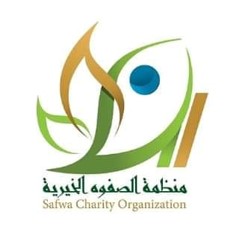The action contributes to the response to three serious Libyan issues:
General context: the outbreak of armed conflict between the Government of National Accord (GNA) and the Libyan National Army (LNA) in 2014, which continues to have a negative impact on the civilian populations of Libya, causing displacement, disruption of government services and damage to civilian infrastructure.
Health system: Libya’s health system is based on the primary care model, with a network of centres and polyclinics serving local communities, which, with the failure to fully implement Law 59 of 2012 on the “Local Administrative System” regulating the role and responsibilities of local governments towards citizens, has led to profound deficiencies in the management and provision of basic services for the population, causing a deterioration of primary health centres, overloading secondary and tertiary facilities, which also face problems related to the lack of resources and specialised doctors. With regard to medicines and supplies, 70% of primary health care centres lack at least one of the top 20 essential drugs.
Protection sector: the HRP 2021 reports that 460,000 people are in need of protection and psychosocial support. Of these, about 271,000 are children, 15% of them with disabilities, who have no access to any kind of basic services, adequate protection or psychological support. The risks mostly relate to mental health and psychological distress, gender-based violence, physical and emotional abuse, family separation and recruitment by armed groups. Currently, there is no structured social welfare system in place in Libya and mental health is neglected, with services limited and below international standards. There is a need for psychosocial support and capacity building of social and health workers.
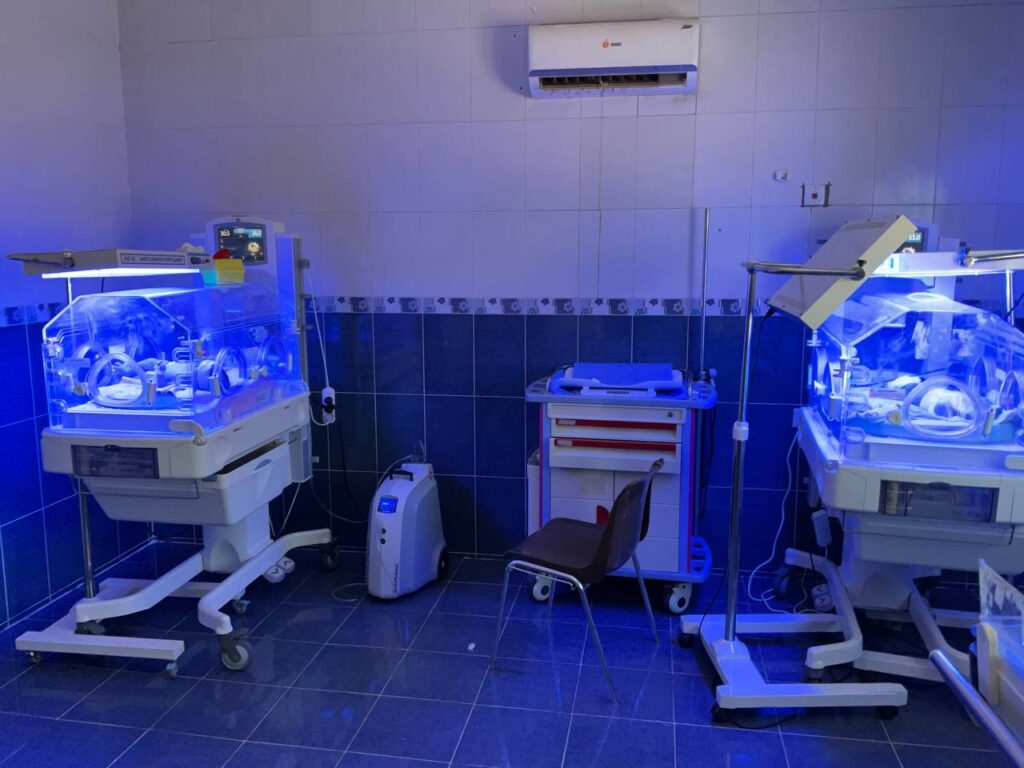
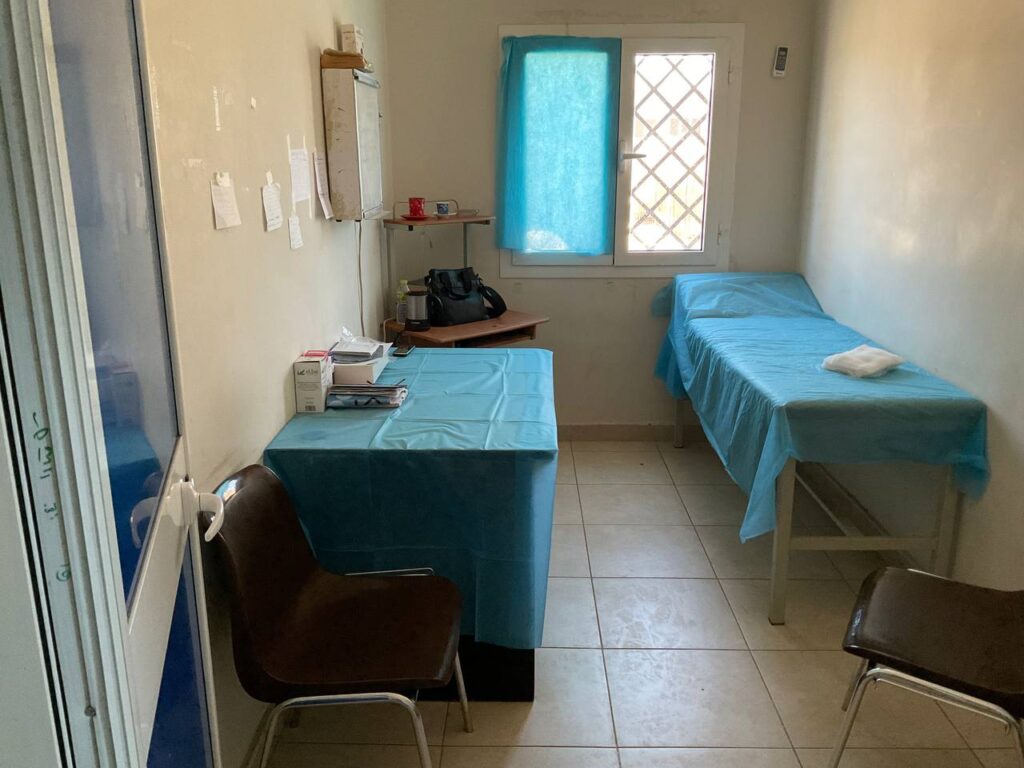
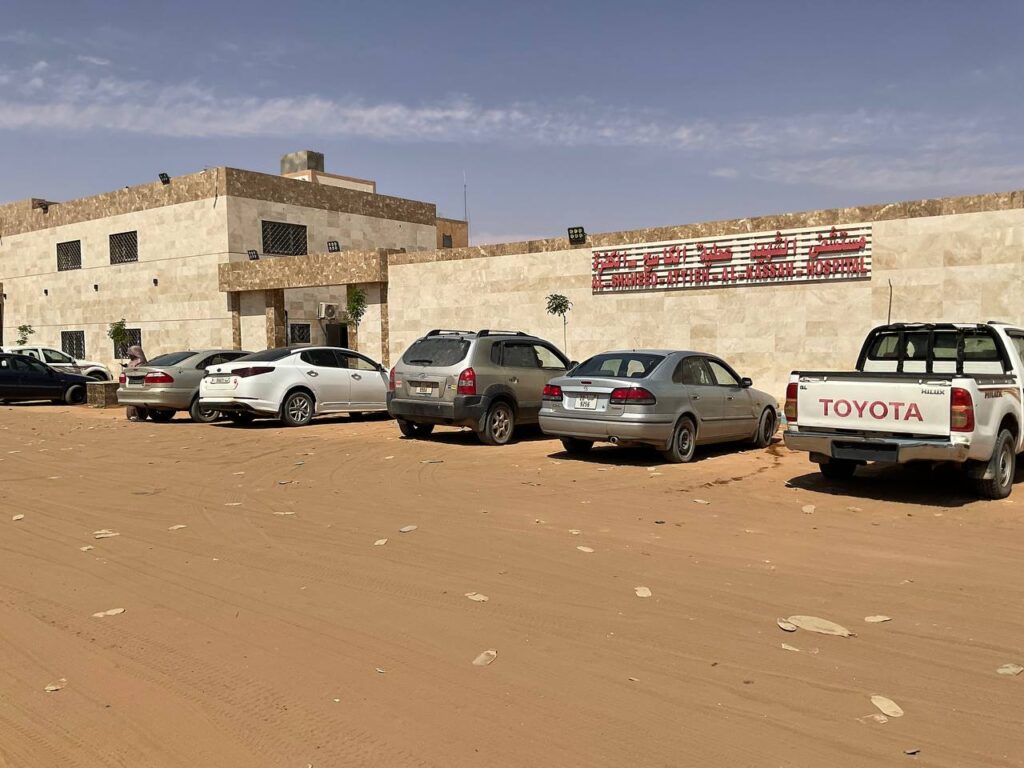
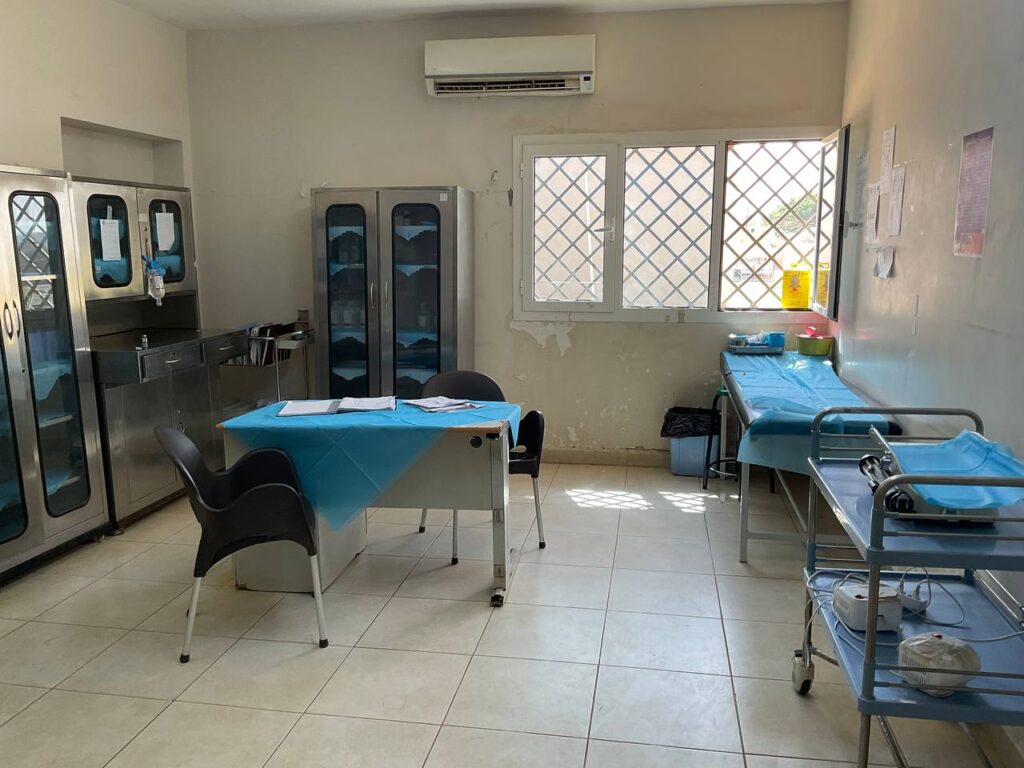
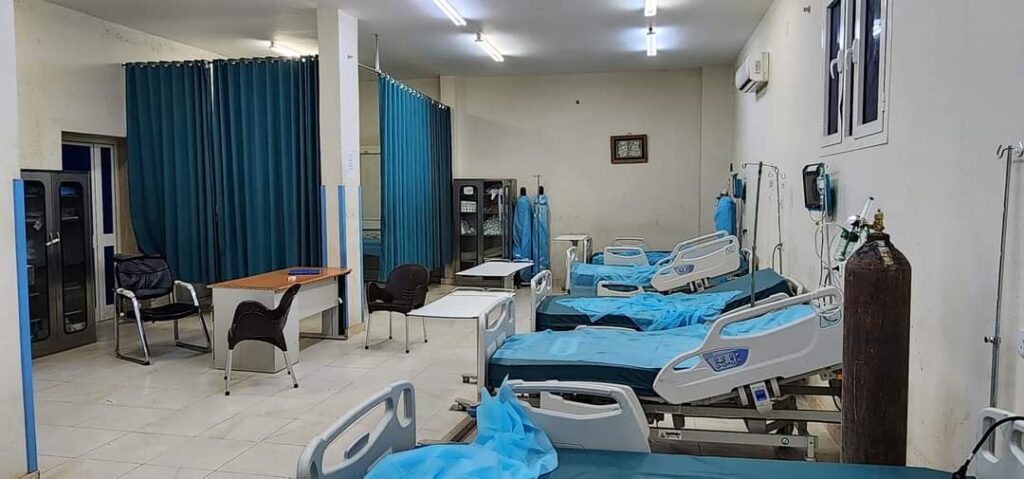
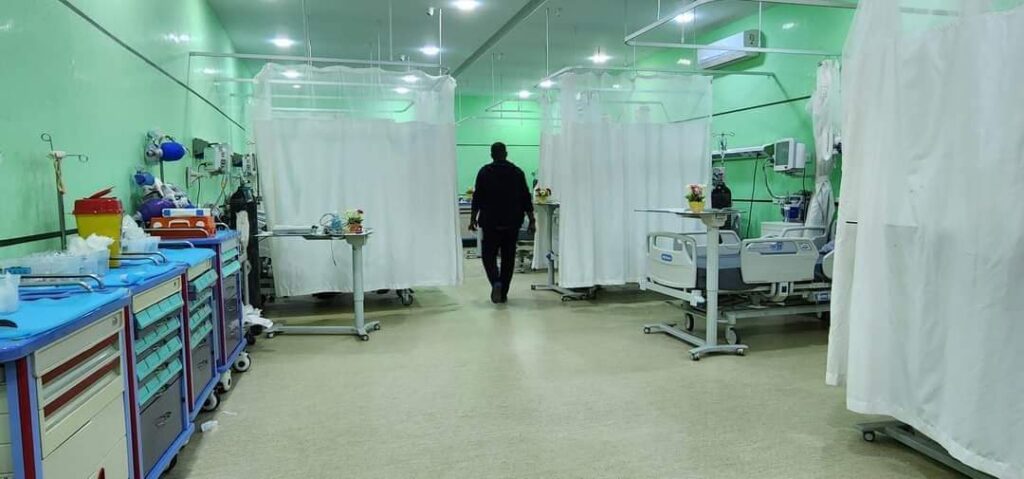
.
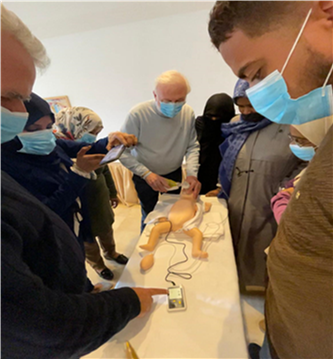
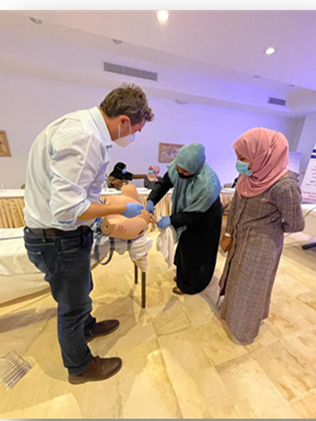
.
For the Protection sector, the initiative is aligned with the Libyan authorities’ decisions of October 2021 to develop a first national social protection policy. It is also consistent with the strategies defined by the local health authorities.
When designing this proposal, the Consortium made contact with the two target hospitals, the Sebha Medical Centre and the Martyr Attieh Al Kasih Hospital Al Kufra. A preliminary questionnaire on the needs of the paediatrics departments of the two facilities was administered to the heads of the departments, and site visits were carried out by the partner Al Safwa for Sebha and by Cesvi for Kufra in June 2022, in order to design a project proposal that meets the needs of the departments. The proposed initiative contributes to the enhancement of access to paediatric health, protection and psychosocial care services for girls and children in Libya, in continuity with the project concluded last 31 July 2022 by WWGVC, in partnership with ICU, in 6 primary health centres and 1 facility specialised in COVID-19 response in 4 municipalities, including the municipality of Sebha, within the framework of the “Emergency programme in Libya for the improvement of basic health and protection services for the most vulnerable population“.
Project partners

